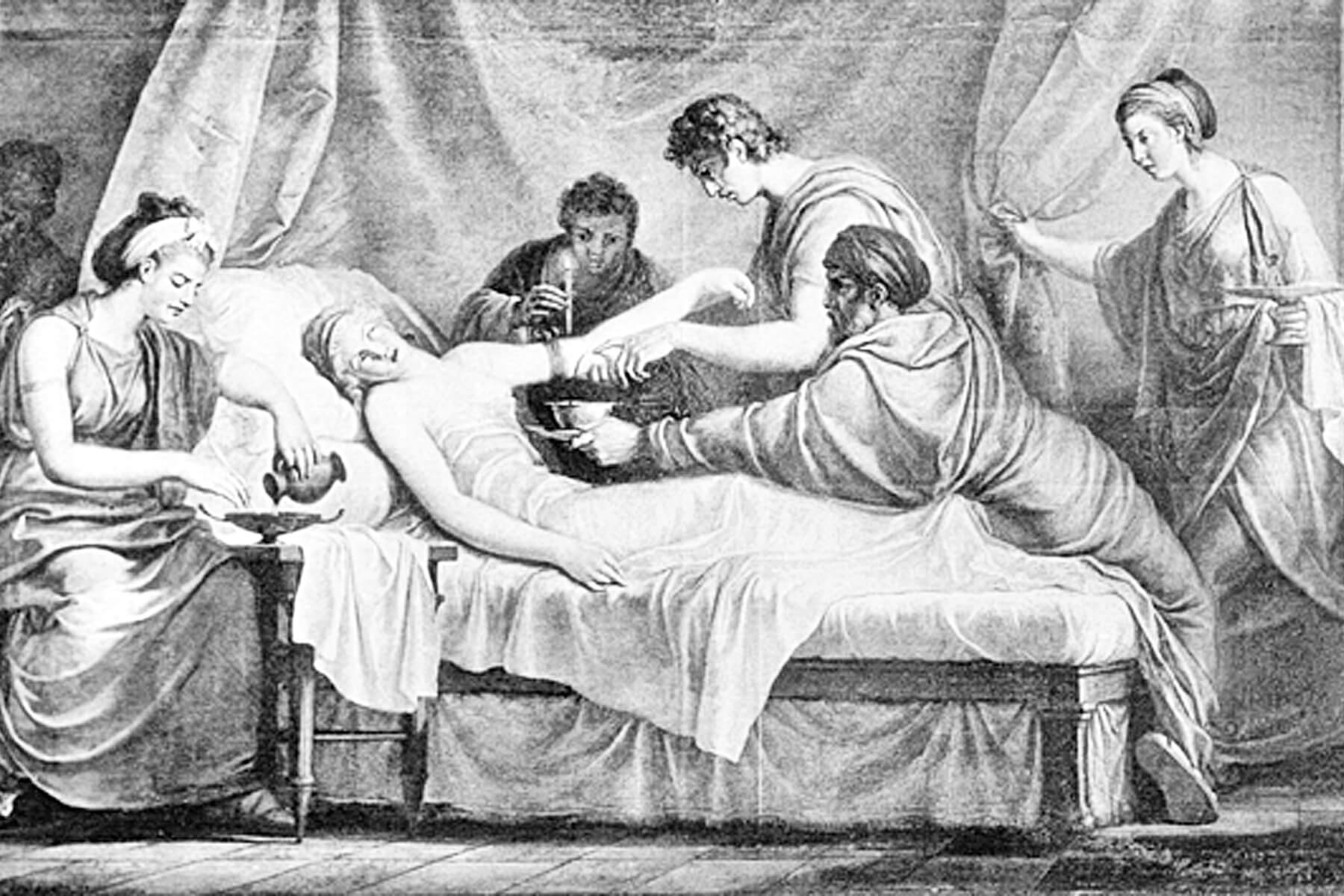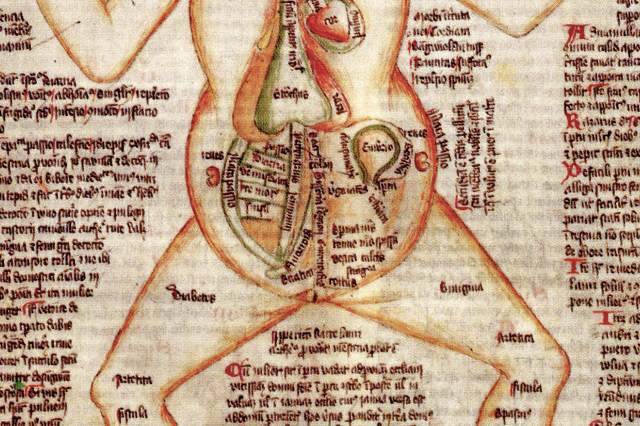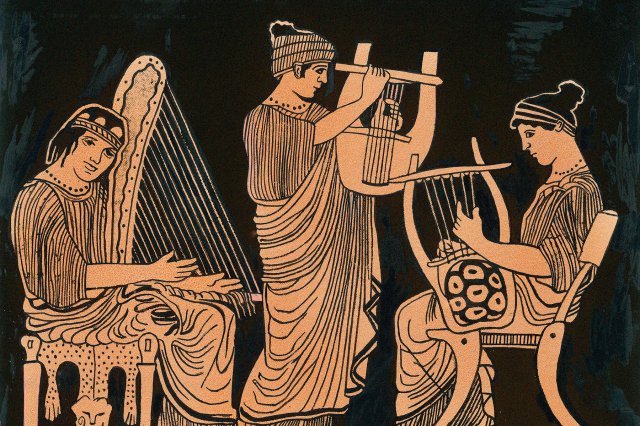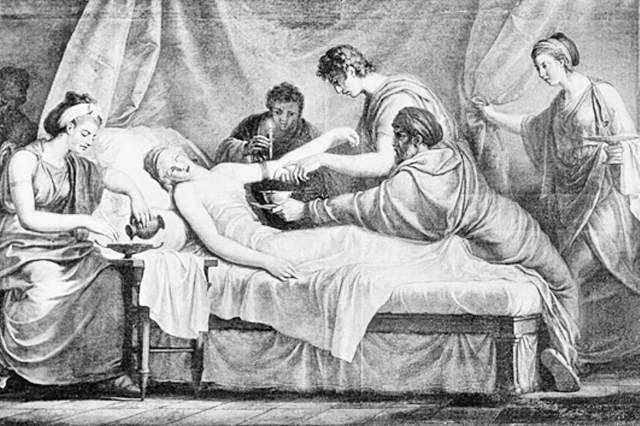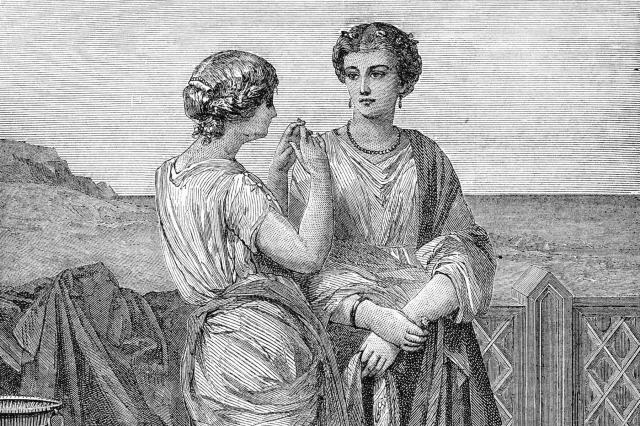7 Shocking Medical Beliefs From Ancient Greece
The ancient Greeks are widely regarded as the founders of modern medicine. Yet initially, they saw illness as a divine punishment and healing as a literal gift from the gods — beliefs not uncommon in the ancient world. By the fifth century BCE, however, the Greeks began testing and advancing medical theories based on actual scientific observations — cause and effect — rather than spiritual beliefs alone.
Three factors began to take prominence in ancient Greek medicine: diet, drugs, and surgery. Diet was particularly important and, when combined with medicine and surgery, created a holistic approach to health and healing. Still, this was more than 2,000 years ago, and the ancient Greeks never entirely separated the spiritual world from the physical. Modern medicine has come a very long way in two millennia, and today, some medical practices from ancient Greece seem strange at best, and even downright shocking.

Tasting the Humors
The Greek physician Hippocrates was fundamental to the medical advancements of ancient Greece, and he is still revered for his ethical standards in medical practice. (Many doctors still take a modernized version of the Hippocratic oath.) Hippocrates was particularly taken by the idea that the human body contained four humors, or fluids: black bile, yellow or red bile, blood, and phlegm. In humoral theory, these fluids held the key to medical diagnosis. As such, Hippocrates routinely tasted his patients’ urine, pus, and earwax, and smelled and scrutinized their stools and vomit. You certainly can’t fault his dedication, even if such practices seem gruesome today.





